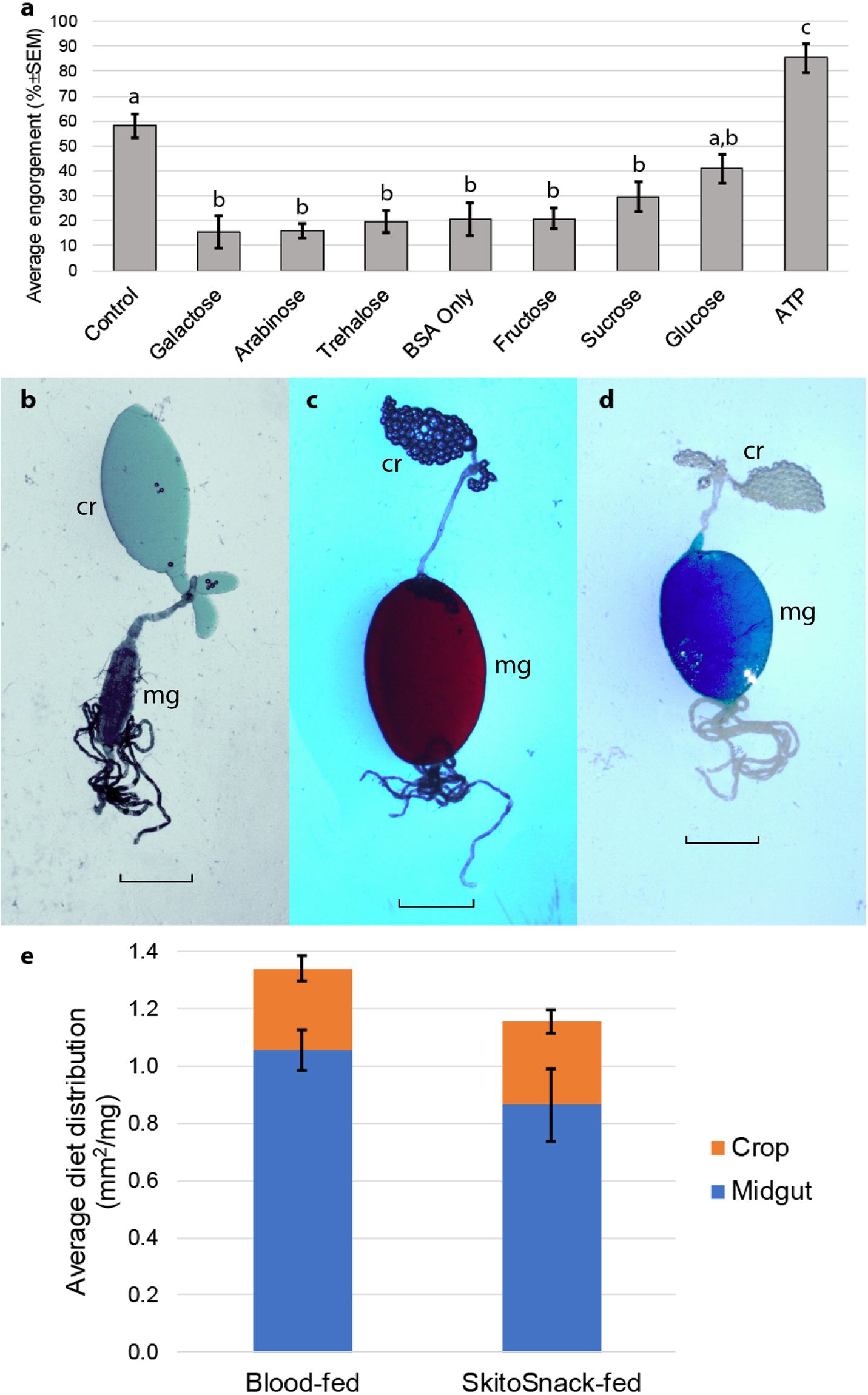

05_00: 2 multiplier on “wild” interaction group.As for me, I really would have preferred Wild if it doesn’t make someone want to skip class 100% of the time. It’s best known for being the only trait that makes NPC want to skip class. Wild is also one of the traits that has multiple lines in 05_02. (Of course, this implies the absence of dislike/hate points.) 12-1.
#Artificial academy 2 traits Pc
That is, it’s as widely defined as Evil.Īs described previously, Masochist probably has a line in 05_03 which has something to do with why the bullies would insult my exploitable PC only if the latter has the masochist trait. Masochist has its individual lines in 00_nn, 01_nn, and 02_nn files.
#Artificial academy 2 traits skin
It’s one of the traits best described for its cosmetic effect of giving characters glossy skin that’s normally only achievable after swimming period.

05_02: “Lucky” character has 10 multiplier on “together forever” and “murder”.Expulsion and stuff are not covered by AI behavior… (I think) 6-1.

The “lucky” trait is more known for its effect of saving the murderer/victim resulted from evil-trait-related killings. This will tell us how other characters interact with someone with a particular trait. One of the essential things that’s missing here is the proper identification of 05_03 rows.

When discussing about interaction groups (05_00), refer to this image. Take Shane Show’s Intellectual Humility Self Assessment to see how you fare.We’ll begin with what we have from 05_00, 05_02, and 06_nn as it’s already known where the lines corresponding to traits are. Think you’re rich in intellectual humility? You might be surprised. When leaders cultivate and model intellectual humility, they create a more open, accepting, and collaborative culture that encourages diversity of thought, fostering innovation. Show says that you’ll also be gracious about conceding points to others, change your mind when given evidence that you should, and freely tell others about times when you changed your mind on something important. When you possess intellectual humility, you have the confidence to delight in being mistaken and willingly revise your perspective - the cornerstone of this trait. Snow says that those with intellectual humility don’t take things personally when they’re wrong, freely give credit to other people and influences that contributed to their success, and don’t invoke their authority as a way to prove they’re right. As a result, they’re not afraid to admit their mistakes and let colleagues see their imperfect humanness. Would you rather be right or understood? Those leaders with intellectual humility know that the benefits of long-term knowledge are far more valuable than an initial, short-lived victory. Snow adds that these people admit when they could be wrong, acknowledge when they don’t know something, and refrain from using absolutes like “always,” “never,” and “certainly,” and presumptions like “clearly” when there isn’t data to back it up. In contrast, those who possess intellectual humility lead with curiosity and are open to discovering new ideas and solutions-even if they’re counter to what they believe. Those low in intellectual humility tend to have a fixed mindset and wear metaphorical blinders, remaining stubbornly on their original thought, unwilling to entertain other options.


 0 kommentar(er)
0 kommentar(er)
